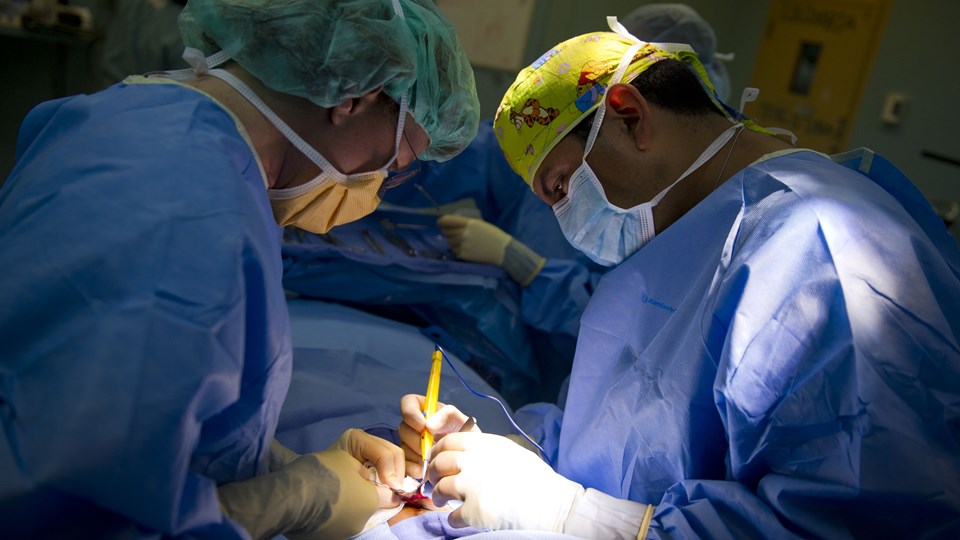Scientists from other EU countries collaborate with UK researchers to fight cancer
A scalpel that tells surgeons immediately whether the tissue they are cutting is cancerous or not was developed by Hungarian researcher, Professor Zoltán Takáts, at Imperial College London – transforming cancer surgery and saving lives.

Professor Takáts’ cutting-edge research was made possible by European Research Council grants that helped to take the original research idea through to market.
Surgery is often the most effective treatment for cancer. But even the best surgeons can find it impossible to know if they have removed all traces of cancerous material. The iKnife can tell surgeons whether the tissue they are cutting is cancerous or not. As it cuts it ‘sniffs’ out cancer and even cross checks the exact type of tissue being cut with a database.
Diversifying the research, the technology was sold to the US Waters Corporation in a deal that is expected to see research grants worth tens of millions of dollars returning to Imperial.
Professor Takáts said: “Britain’s EU membership made moving to Imperial an easier, more attractive proposition. European funding and collaboration has helped drive my research forward. Developing new medical technologies in Britain as an EU member-state gives us immediate access to a market covering 28 countries. If the UK left Europe it would become harder to operate at this scale.”
-
Adam Clarke
adam.clarke@russellgroup.ac.uk
020 3816 1302
-
Stephanie Smith
020 3816 1310
 X
X


